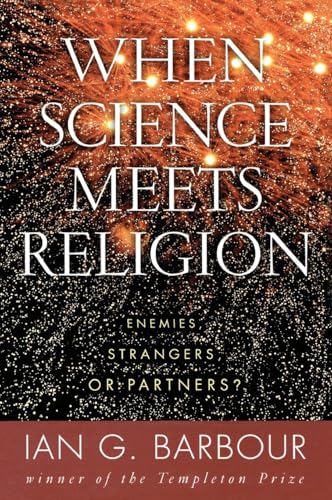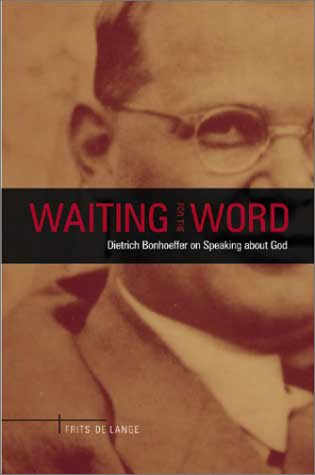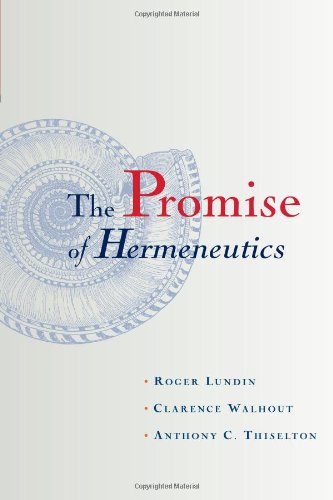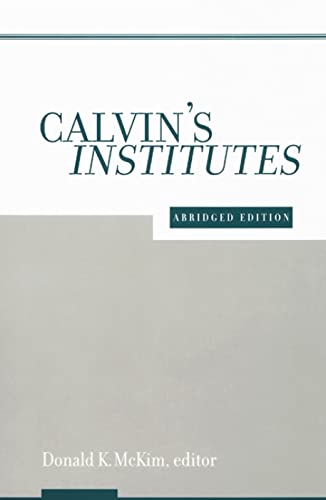A Biblical Text and its Afterlives: The survival of Jonah in western culture
Written by Y. Sherwood Reviewed By Philip JensonThis is a remarkable book—original, erudite, multidisciplinary, witty, provocative, committed. Its basic plot is a survey of the ways in which Jonah has been interpreted over the centuries. To this scattered, confused and convoluted story the author brings not only exceptional powers of analysis and description, but also her own spin on issues of method, ethics and theology. This is as far from a dry, objective listing of the opinions of dead authors as it is possible to Imagine. Sherwood is not interested in merely presenting evidence. She wants us to admire, marvel, laugh, even be brought to repentance.
She explores three main approaches to Jonah: ‘mainstream’ Christian readings, Jewish readings, and the ‘backwaters’ of popular interpretations. The mainstream readings are further divided into four main strands: the Christ-like Jonah of the Fathers. the Jewish Jonah of anti-semitic Christian tradition, the Jonah of the Reformers (subject to extreme chastisement), and the historically uncertain Jonah of the improbable fish. The fantastic diversity of popular readings is given a sympathetic discussion, displaying the author’s expertise in English Literature (e.g. the review of the complex relations between Moby Dick and Jonah). The cumulative impression is of the amazing versatility of the book of Jonah. Radically diverse Jonahs have been constructed from just 48 verses, with the help of plentiful gaps in the text, the virtuoso exercise of the imagination, and a wide range of intertexts from the rest of the Bible and beyond. The corresponding lesson is the crucial significance of the social, cultural and theological place from which we read.
A significant bonus is the discussion of secular. Jewish and Christian approaches to hermeneutics. Much of this will be reasonably familiar to scholars, but to it Sherwood brings an impressive breadth of reading and a sharply nuanced evaluation. Her scholarship and sophistication makes for a demanding read, but the task is both lightened and raised to a new level by the author’s high, allusive style. She has a fine eye for a contemporary analogy from literature, film, or art. (Jonah’s Tarshish ship is as doomed as the Titanic.) Her creative exposition of key images constantly illuminates and furthers her argument. Her own reading of the book is titled ‘Regurgitating Jonah,’ a characteristic combination of historical awareness, humility before an inexhaustible text, and metaphorical creativity.
For all her awareness of diversity, Sherwood wants to makes some strong points. The fiercest condemnations are aimed at one-sided universalizing interpretations, particularly those that see Jonah negatively as a typical hard-hearted, nationalistic Jew, an unlikable foil for the loving, universal ‘Christian’ God. The positive representation of Jonah in the early Christian fathers and in Jewish interpretation highlights the danger of this kind of superficial reading. Instead, she exhorts us to heed the rabbinic injunction to ‘watch over the universal from the particular’.
The book is too subtle and ambivalent for crude judgement in any direction. But while I fully endorse this attentiveness to the text, I think that it is also true that any reading reflects prior decisions about who God is and how he reveals himself. Sherwood regards Jonah as an appropriate starting-point for reflection on the character of God, but I suspect that at a fundamental level the universal must watch over the particular. The creed of Jonah 4:2 is accepted by both God and Jonah as the starting-point. It is how this works out in Jonah’s untypical context that is unpredictable, uncomfortable, and surprising. Even more fundamental is whether someone reads these texts as from a Jewish or a Christian context, or from somewhere else. Sherwood’s location in the third of these camps necessarily limits what she can say in the closing pages. But wherever we locate our permanent home, the voyage she takes us on is an exhilarating one from which we will not return unchanged. I cannot remember enjoying a book on biblical interpretation more.
Philip Jenson
Trinity College, Bristol







